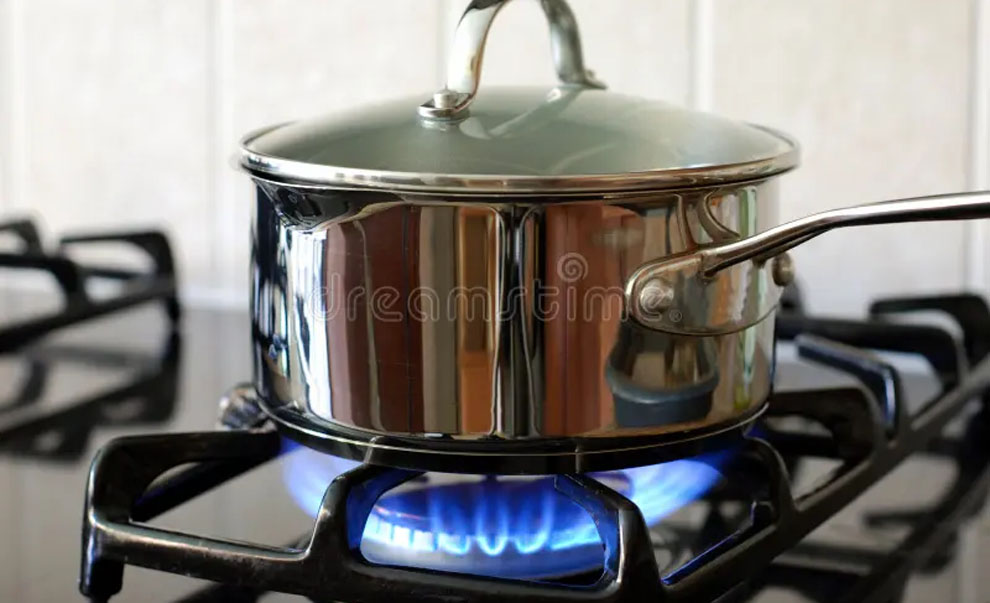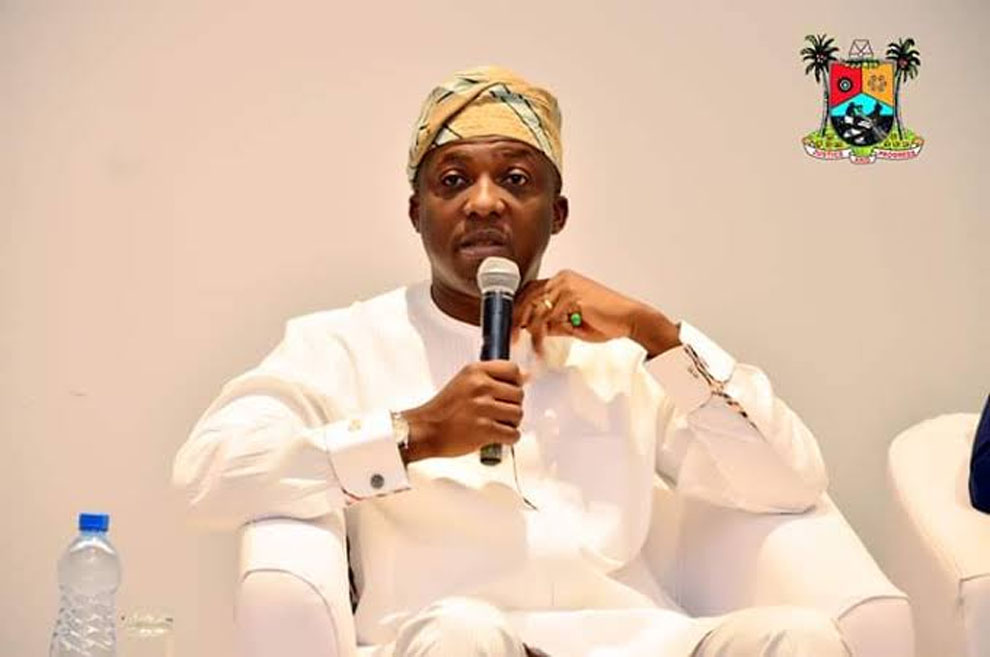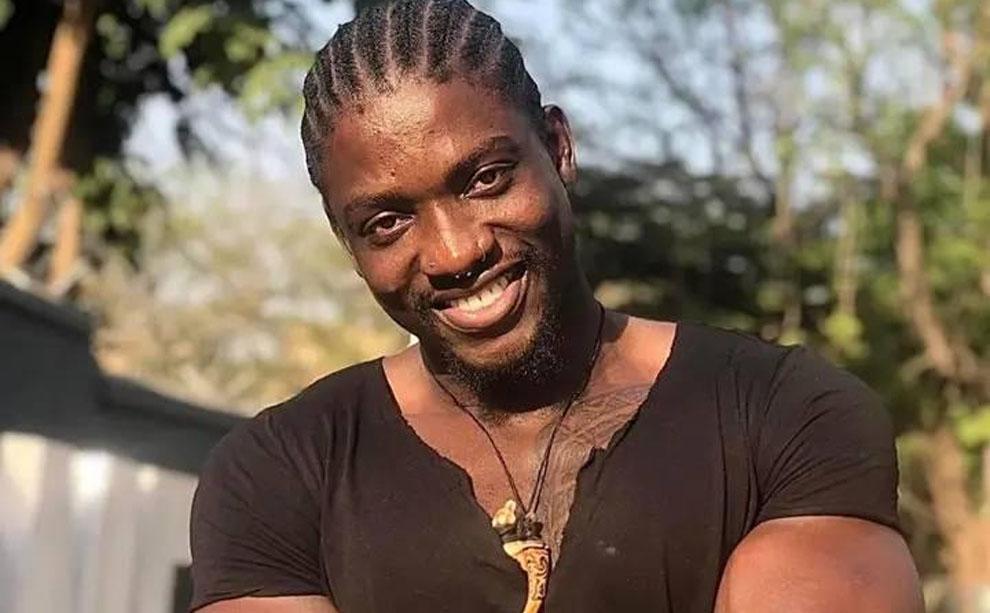metro
19.4% of Nigerian households using cooking gas – NBS

19.4% of Nigerian households using cooking gas – NBS
The National Bureau of Statistics (NBS) has revealed that only 19.4% of households in Nigeria use Liquefied Petroleum Gas (LPG) for domestic, agricultural, commercial, cultural, or religious purposes.
This finding was disclosed in the 2024 Nigeria Residential Energy Demand-Side Survey (NREDSS), released on Wednesday in Abuja.
According to the report, the survey covered states from across the six geopolitical zones, including Akwa Ibom, Bauchi, Ekiti, Oyo, Enugu, Kwara, Plateau, Kano, and Sokoto.
It stated, “This means that about one in every five households use LPG. The average monthly expenditure on LPG stood at N10,239.7 across the surveyed states.”
The report indicated that approximately 67.8% of Nigerian households rely on fuelwood as a source of energy.
It found that 41% of households purchase fuelwood, while 39% obtain it through cutting or collecting.
Additionally, 18.9% of households acquire fuelwood through other means, such as barter, gifts, or borrowing. The report noted that 55.3% of the fuelwood collected consisted of branches, stems, and trees.
It also revealed that one in five households, accounting for 22%, used charcoal during the reference period.
Among these households, 21.6% purchased charcoal, while 0.3% produced it themselves, and 0.6% obtained it through other means.
READ ALSO:
- Qatar Airways launches world’s first Boeing 777 Starlink-equipped flight
- Food inflation persists as prices of bread, others increase – NBS report
- Canadian lady jailed 11 years for importing 35.20kg cannabis to Nigeria
The report revealed that over 58% of households across the nine surveyed states are connected to the national grid, with 86.6% having electricity during the reference period.
It found that 85.2% of connected households use an estimated billing system, while 14.8% reported using a pre-paid system.
The average monthly household expenditure on electricity was estimated at N4,155.8 during the same period.
The NBS recommended that, given the widespread use of fuelwood, the government should promote tree replanting initiatives and encourage the adoption of clean energy sources such as LPG, wind, and solar power.
This, it suggested, would help mitigate environmental issues like air and water pollution, climate change, thermal pollution, and waste disposal.
Additionally, the report advised the government to facilitate the establishment of more LPG stations and promote local production of gas cylinders and related accessories to enhance value.
Findings from the report come as a shock to many Nigerians given the prevalence of the use of cooking gas among many households, especially in urban centres.
The result reemphasizes the high multidimensional poverty in Nigeria and how cost and access inhibit households at the lowest economic strata.
In the past two years, the price of cooking gas has skyrocketed from around N600 per kg to almost N1,500 per kg.
Earlier this year, the Minister of Petroleum Resources (Gas) announced that the federal government would be halting the exports of LPG in a bid to control prices locally.
19.4% of Nigerian households using cooking gas – NBS
metro
Lagos govt insists nightclubs, worship centres must obtain permit for amplified sound

Lagos govt insists nightclubs, worship centres must obtain permit for amplified sound
The Lagos State Government has rolled out stricter measures to combat noise pollution, requiring nightclubs, lounges, bars, and worship centres to obtain permits for events involving amplified sound.
The measure, it said, aimed to safeguard the health and well-being of Lagosians during the festive season and beyond.
Lagos State Commissioner for Environment and Water Resources, Tokunbo Wahab, announced this via his official X (formerly Twitter) account on Saturday, emphasizing the government’s zero-tolerance stance on noise pollution.
Wahab highlighted that events with amplified sound must be conducted in soundproofed, enclosed spaces to protect residents from the harmful effects of excessive noise.
READ ALSO:
- Alleged missing N180m: It’s a prank, Singer Dammy Krane says
- Inter Milan crush Cagliari 3-0 to top Serie A
- Kemi Badenoch political career may be in danger – Top diplomat
“Establishments such as worship centers, nightclubs, lounges, and bars must now obtain permits for events involving amplified sound and ensure these activities take place in soundproofed, enclosed spaces to protect neighboring residents,” the statement read in part.
To enforce these directives, the government said it had established a Special Task Force on Noise Pollution under the Lagos State Environmental Protection Agency (LASEPA).
This task force, in collaboration with the Lagos State Neighborhood Safety Corps (LSNSC) and the Lagos State Environmental Sanitation Corps (LAGESC), would oversee compliance, arrest offenders, and prosecute violators of noise regulations, it stated.
The statement further noted that starting January 2025, the government would roll out a public awareness campaign to educate Lagosians on acceptable noise levels and the benefits of a quieter environment.
Lagos govt insists nightclubs, worship centres must obtain permit for amplified sound
metro
Alleged missing N180m: It’s a prank, Singer Dammy Krane says

Alleged missing N180m: It’s a prank, Singer Dammy Krane says
Singer, Dammy Krane has stated that social critic, Very Dark Man, is joking with claims that N180 million was diverted from the NGO account he created in October this year.
VDM shocked Nigerians on Friday, December 27 when he released a video claiming hackers had breached his NGO website and moved N180m leaving only N20 million.
The news shocked many Nigerians who took to social media to slam him.
READ ALSO:
- Inter Milan crush Cagliari 3-0 to top Serie A
- Kemi Badenoch political career may be in danger – Top diplomat
- Oluwo backs push for Sharia law in South-West
However, in a post shared on his Instagram page this evening, Dammy Krane claimed that VDM is renovating a school in Jos, and was only joking with the story of stolen funds.
Also, a Human Rights activist, Omotayo Williams, claimed the man VDM showed in his video as an officer accompanying him to Jos is a well-known member of the Kogi State Taxi Taskforce.

Alleged missing N180m: It’s a prank, Singer Dammy Krane says
metro
Oluwo backs push for Sharia law in South-West

Oluwo backs push for Sharia law in South-West
The Oluwo of Iwo, Oba Abdulrasheed Akanbi, has expressed support for the proposed implementation of Sharia law in the South-West, emphasizing its historical presence in Yoruba culture.
Oba Akanbi noted that Sharia principles have long been part of Yoruba land, citing examples such as Sharia banking and the existence of a Sharia college in Iwo, Osun State.
He stated, “Sharia law has been in Iwo for over 100 years… It’s the right of Muslims to choose customary law or the high court.”
Recall that the discussion around Sharia law gained traction after plans were announced for the inauguration of a Sharia council on January 11, 2025, at the Muslim Community Islamic Centre in Oyo. However, the event has been postponed indefinitely following widespread public criticism.
READ ALSO:
- Niger: DSS officers kill three notorious bandits, recover arms, motorbikes
- Shettima admits killing of civilians in Sokoto airstrikes, tenders apology
- Tinubu not telling Nigerians the truth, says Sule Lamido
Critics have argued that the Yoruba-dominated South-West, where Muslims and Christians coexist, is distinct from the predominantly Muslim northern region where Sharia is more widely practiced.
Addressing concerns, Oba Akanbi explained that Sharia law is already embedded in Nigeria’s constitution and should not cause alarm for non-Muslims.
“Sharia law is only for Muslims and does not concern others. If any other person likes it, they can convert to Islam, and Muslims can also convert to Christianity. Everyone is free,” he said.
The monarch also drew attention to the challenges faced by Muslims under existing laws, particularly in matters such as inheritance and divorce, where Western legal frameworks may not align with Islamic traditions. “Many Muslims feel disenfranchised… Western education doesn’t understand the ways of Muslim divorce, marriage, and inheritance,” he added.
Oba Akanbi emphasized that Sharia law represents the inalienable rights of Muslims and should not be viewed as a threat to other religions. “No government can deny Muslims their inalienable rights,” he concluded.
Oluwo backs push for Sharia law in South-West
(PUNCH)
-

 Auto2 days ago
Auto2 days agoLSM MD extols founder’s qualities after latter posthumous industry award
-

 Business3 days ago
Business3 days agoBe creative, monarch, others challenge Muslim professionals on economic revival
-

 Entertainment2 days ago
Entertainment2 days agoMultiChoice announces free access to all DSTV channels for 3 days
-

 metro3 days ago
metro3 days agoJigawa State governor loses son 24 hours after mother’s death
-

 News2 days ago
News2 days agoNigeria Customs Service begins 2025 recruitment [How to apply]
-

 metro2 days ago
metro2 days agoHeavy security in Ilesa as ex-Osun deputy gov emerges new Owa-Obokun
-

 metro2 days ago
metro2 days agoLagos Imam to Tinubu: You haven’t disappointed us
-

 metro2 days ago
metro2 days agoDangote, Tinubu, Lookman named among 100 most influential Africans in 2024 (Full list)













